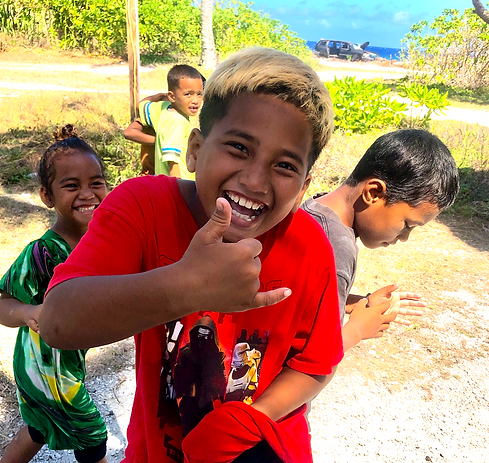

Venues

KASL can provide several physical testing sites and support teams
1) Land
-
Land is relatively limited, with a total of about 6 square miles of dry islands encircling Kwajalein Lagoon, but there are more than 70 uninhabited islands of various sizes within a few hours by boat around Kwajalein Atoll. Permission to test on those islands can be provided by both elected and indigenous leadership.
2) Air
-
Kwajalein encloses one of the largest lagoons in the world, with an average length of 75 miles, an average width of 15 miles, and a total surface area of roughly 1,125 square miles. While there is a US government presence nearby, some areas of the lagoon are unrestricted airspace suitable for drone, AGUV, or WIG testing, and permissions can be arranged.
3) Ocean, shallow and deep.
-
Shore-based access is limited due to the extensive reef encircling the ocean side of the atoll, but there are multiple areas where mature and healthy reefs remain, and there are areas immediately east of the Ebeye Causeway where coral removed for construction left well-demarcated squares of open seabed sand within reef systems that are adapting to the change. Many reef landmarks are within a few hundred yards of the Ebeye causeway and less than six feet deep.
4) Lagoon surface, subsurface, and lagoon bed (with concrete access ramps)
-
The lagoon depth varies between 60 and 200 feet, with an average of about 160 feet. The water temperature is near 80°F year-round, with visibility greater than 100 feet.
-
Kwajalein was the site of intense combat during WWII, and wrecks of all kinds litter the lagoon bed, including ships and aircraft in shallow water near the surface and tanks and landing craft rusting on the beaches. The lagoon is famous as an international wreck dive destination with exceptional clarity and well-preserved coral reefs.
-
Kwajalein remains an active missile testing site, and extensive areas are restricted. However, with careful preparation and adequate warning, KASL staff can arrange testing areas that meet virtually any criteria.
-
A dive shop can be found on an adjacent island 30 minutes from Ebeye, and tank fills can be arranged.
5) Human resources from the local population
-
The Government of the Marshall Islands has internally identified Marshallese citizens willing to consider compensated support to any interactive field experimentation that has received approval from a certified Institutional Review Board or a Human Subjects Committee. Any such testing will meet or exceed international ethical standards, and each experiment will be evaluated on a case-by-case basis by an internationally certified ethicist selected by the Government of the Marshall Islands.
-
Opinion surveys, demographic surveys, and factual questionnaires that do not involve personally identifiable information (PII) do not require an IRB and will be evaluated by a KASL Ethicist on a case-by-case basis.